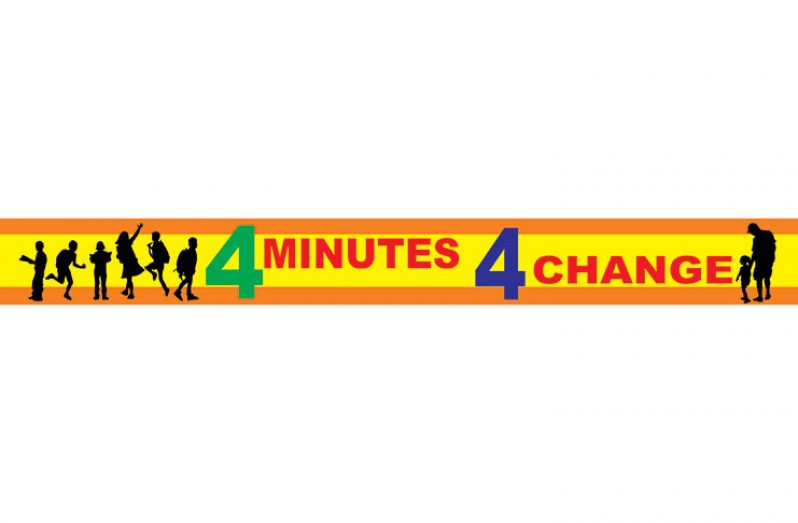SOME stories that reach the Childcare and Protection Agency are inspiring. They prove that public awareness and support against child abuse is growing. The following story comes from a woman who lives on the East Coast of Demerara.
In my neighbourhood I did something that many people admired and commended me for. Although it was something small, in retrospect it was something that may have possibly saved a life.
Village life gives us the privilege of knowing most, if not all of our neighbours, unfortunately for some, it also affords us the advantage of being privy to what is going on in their lives. Without being inquisitive, I have witnessed things that I could have put a stop to or prevented had I intervened in some way. For instance, I knew of a school girl who regularly came home at half day while her parents were at work, to entertain a male visitor.
When she became pregnant I felt that, had I said or done something earlier, I may have prevented yet another teenage pregnancy. Then there was that strange looking new ‘Uncle’ who moved in with Miss Joy on the corner. It filled me with dread whenever she left her little girls with him to go out partying. As it happened; on her return home early one evening, she caught him molesting one of her children and she beat him senseless with the first thing her hand could find, which was a hammer. Now she is in the ‘lock ups’ and the children are in residential care.
I sometimes wonder, if I had offered to babysit for her on occasions could I have helped to protect her children? Or maybe if I had passed a slight remark, about having strange men around young children, could I have made a difference? I realised that intervening to help the children and families in my community would be far more beneficial than having knowledge of what is going on in their lives and staying quiet. But how can I help without seeming nosey or ‘interfering’?
When our new neighbours moved in, the family of four (two adults and two children) came along with the reputation of the father being a ‘drinks’ man and the mother, a long-suffering victim of physical abuse, at his hands.
The dysfunctional behaviour of drinking and beating up on family members seems to be widely accepted by most people, but this type of abuse should not be tolerated by anyone. Not only can it lead to murder but the traumatic effects of alcoholism can have a psychological impact on children, for life. It is always the children who suffer the brunt of their parents’ bad decision-making or contemptible behaviour.
When the two children walked past me one morning on the way to school, I noticed bruises on one of their legs. ‘Like you fall down boy?’ I asked him indirectly. But the child just shrugged his shoulders, smiled faintly and walked on. I noticed bruises on the children on two more occasions before I formulated a plan to help them. The next day I followed them to school and brought my concerns to the head teacher, who was very co-operative.
After speaking with their form teachers she called in an officer from the Childcare and Protection Agency and the children were interviewed. The extent of their injuries, upon professional examination, included welts and scars on their back and chest that had been inflicted by a drunken father.
The children were placed temporarily with their grandmother while further investigations were carried out on the family. At last, I had made a positive difference to the lives of the children in my community. By using my initiative I had gone the extra mile and found a way to help them. I did not allow another ill to fester and grow before my eyes into something ugly.
Like me, you too can find ways to intervene and prevent child abuse in your community: don’t ignore the signs. Children and young people need adults to be proactive on their behalf: to intervene (appropriately) and ask questions showing an interest in their lives. Whether we are neighbours, teachers or shopkeepers, we can liaise with like-minded individuals who care enough to be concerned citizens: Citizens who realise that prevention is better than cure and the least we can offer our children in Guyana is our genuine care and support.
If you are concerned about the welfare of a child you can ring the CPA hotline 227 0979 or email childcaregy@gmail.com
A Message from the Childcare and Protection Agency, Ministry of Social Protection



.jpg)








